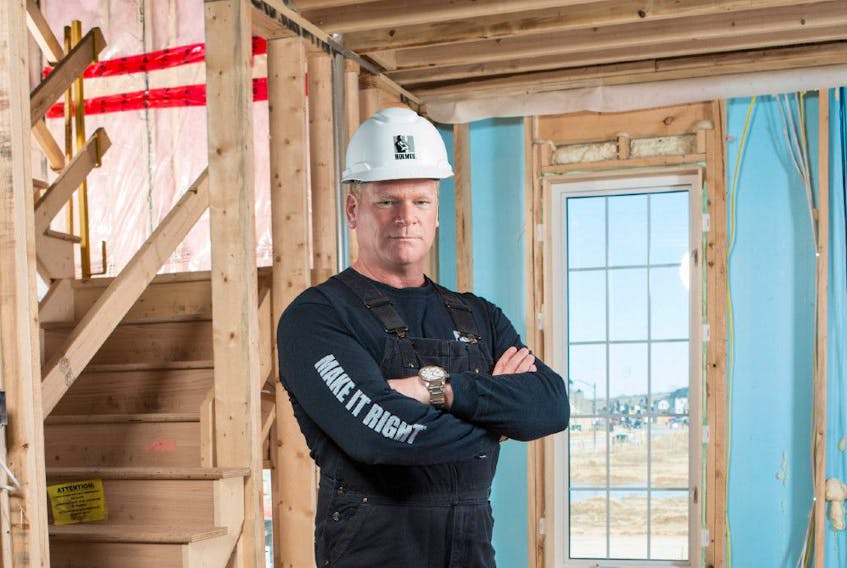In the world of contracting I’ve seen it all. There are some incredible contractors out there who put the time and effort in to make it right for their clients. I’ve met a lot of them, and they do great, consistent work. However, there are some bad, and even downright ugly contractors out there who make it hard for homeowners to trust that there are good contractors out there.
My job is to teach homeowners how to avoid those bad contractors and instead hire one of the many, many good ones. The problem is, sometimes you can do all the right things to hire the right team for your renovation and you might still wind up with one of the bad contractors.
If you hire someone and they try to pull any of these fast ones on you, that’s a huge red flag, and you should re-evaluate your relationship with that contractor. Here are some things to look for:
They don’t want a paper trail
When it comes to your renovation, you always want there to be records. Records of payment, record of the scope of work, records of any changes in the project. Having this trail not only protects you as a homeowner in case the project goes off the rails, it also protects the good contractors from problem clients.
So when a contractor offers you a “discount” if you pay in cash, or doesn’t want to sign a contract with you, that’s a red flag. In the event of an issue, documentation is what will win the day. Don’t hand over wads of cash without some form of receipt, and always sign a contract.
They ask for too much money up front
To me, a contractor that asks for full payment for a job upfront is a red flag. You should be paying a deposit upfront to secure their time, but asking for full payment is a no-no.
Your contract (and you did get one, right?) should outline a payment schedule. Payment shouldn’t be tied to calendar dates, as the project may experience delays, but rather to milestones. So you’d pay your deposit, then as the project reaches various states of completion (rough-in, electrical, plumbing, and so on), you’d offer more payment.
The final 10 per cent should be held back until both homeowner and contractor are happy with the state of the project. A good contractor will agree to these terms. The only exception to paying more than 20 per cent of your project up front would be to secure custom, specialized materials like a specific type of cabinetry or flooring. But these are exceptions.
They won’t obtain permits
Not every job will necessarily require a permit, but if a job does need it, you definitely want to get it. As a homeowner, it’s your job to ensure that all the permits necessary for your renovation are acquired. Now, your contract (there’s that word again) may stipulate that your contractor will obtain them for you, but at the end of the day, you’re the one on the hook if the city shuts down your project due to lack of permits.
If your contractor won’t pull the permits, or considers them a cash grab, that’s a red flag. Not only are permits required, it’s your record that any work performed has been signed off by your municipality as complete, and to code.
They don’t take care on the job site
We wear our protective gear (known as PPE) for a reason — it keeps us safe from potential harm. Let’s be clear: When your home is under renovation, it’s considered a work site, and you could be liable for any accidents. So if you stop by your renovation site and see that the workers aren’t observing basic safety needs, that’s a huge red flag with the contractor overseeing your renovation.
When you’re sorting through contracts and paperwork with your contractor, you should also ask about their liability and insurance coverage for their team. You hope that an accident never happens on the work site — and proper usage of PPE helps prevent that — but just in case, you need to be prepared.
To find out more about Mike Holmes, visit makeitright.ca
For Postmedia News
Copyright Postmedia Network Inc., 2020









